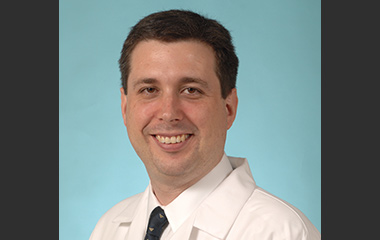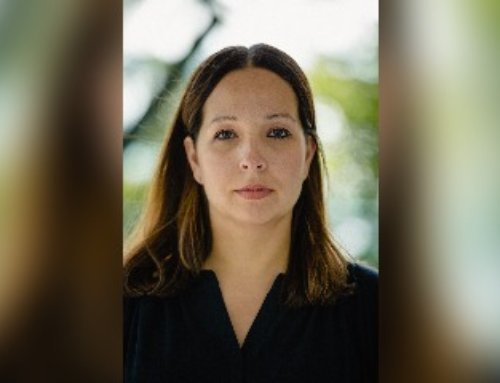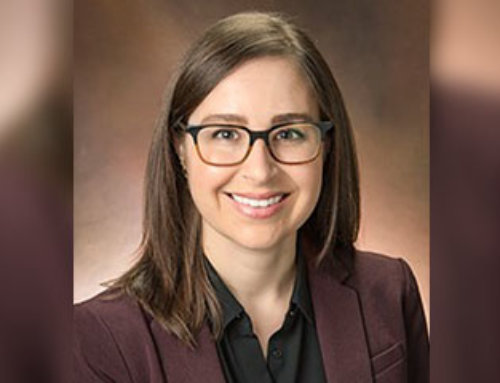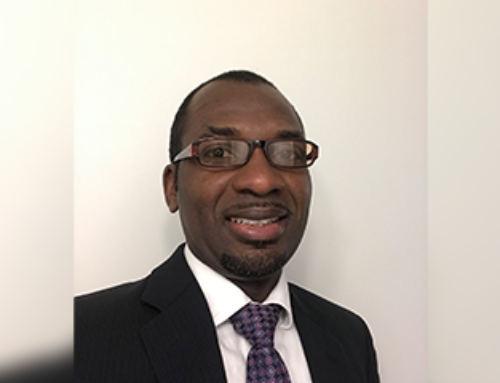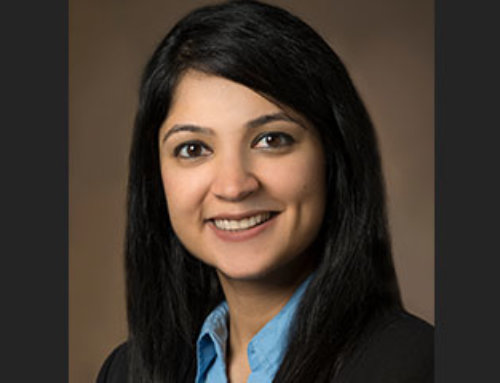2013 Physician Scientist Research Award – Best Science
In 2012, Brendan P. Lucey, MD, transitioned from being on active duty in the United States Air Force to starting a career as a physician-scientist. He landed as junior faculty in the sleep medicine division in the department of neurology at Washington University School of Medicine.
Following discussions with his mentors, he focused on studying the relationships between sleep, aging and Alzheimer’s disease. He also applied for the 2013 Physician Scientist Training Award from the American Academy of Sleep Medicine Foundation (AASM Foundation) and received an award for his project, “Sleep and preclinical Alzheimer’s disease.”
“The award was ideal for me as a means to develop my research ideas and build a successful track record in the field,” said Dr. Lucey.
His project plan was to measure multiple aspects of sleep in the homes of cognitively-normal and mildly cognitively-impaired older adults 65 years of age and older. The research design was to measure sleep using sleep diaries, activity, and a single-channel EEG device worn on the forehead for sleep staging. These tools would help him gather data on total sleep time, sleep efficiency, sleep stages, and other sleep parameters so that he could investigate relationships between sleep and different cognitive, functional and structural biomarkers of AD pathology, which he measured through cerebrospinal fluid (CSF) analysis, magnetic resonance imaging (MRI), and amyloid imaging.
Shortly after submitting his application, the company that made the single-channel EEG device he had planned to use went bankrupt. He found an alternative device that would allow him to continue the study, but it had not been validated against polysomnography. During his award period, he led a comparison study between the single-channel EEG device and polysomnography. His work was recently accepted for publication.
He continued the study and eventually obtained additional funding through a program project grant to extend the sleep assessments longitudinally. He hopes to submit results from the project for publication within the next year.
“The Physician Scientist Training Award from the AASM Foundation has been a catalyst for my current success in obtaining funding from the Washington University Clinical and Translational Science Award, National Institutes of Health, and other foundations,” stated Dr. Lucey. “I am very grateful for the critical support I received from the AASM Foundation at the start of my research career that laid the groundwork for continuing success.”
Publications
1. Lucey BP, McLeland JS, Toedebusch CD, Boyd J, Morris JC, Landsness EC, Yamada K, Holtzman DM. Comparison of a single-channel EEG sleep study to polysomnography. J Sleep Res. 2016; 25 (6): 625-635. PMCID: PMC5135638
https://onlinelibrary.wiley.com/doi/full/10.1111/jsr.12417
2. Toedebusch CD, McLeland JS, Schaibley CM, Banks IR, Boyd J, Morris JC, Holtzman, DM, Lucey BP. Multi-Modal Home Sleep Monitoring in Older Adults. J. Vis. Exp. (143), e58823
https://www.jove.com/video/58823/multi-modal-home-sleep-monitoring-in-older-adults
3. Lucey BP, McCullough A, Landsness EC, Toedebusch CD, McLeland JS, Zaza AM, Fagan AM, McCue L, Xiong C, Morris JC, Benzinger TLS, Holtzman DM. Reduced non-rapid eye movement sleep is associated with tau pathology in early Alzheimer’s disease. Sci Transl Med. 2019; 11: eaau6550
http://stm.sciencemag.org/content/11/474/eaau6550
Updated February 14, 2019


